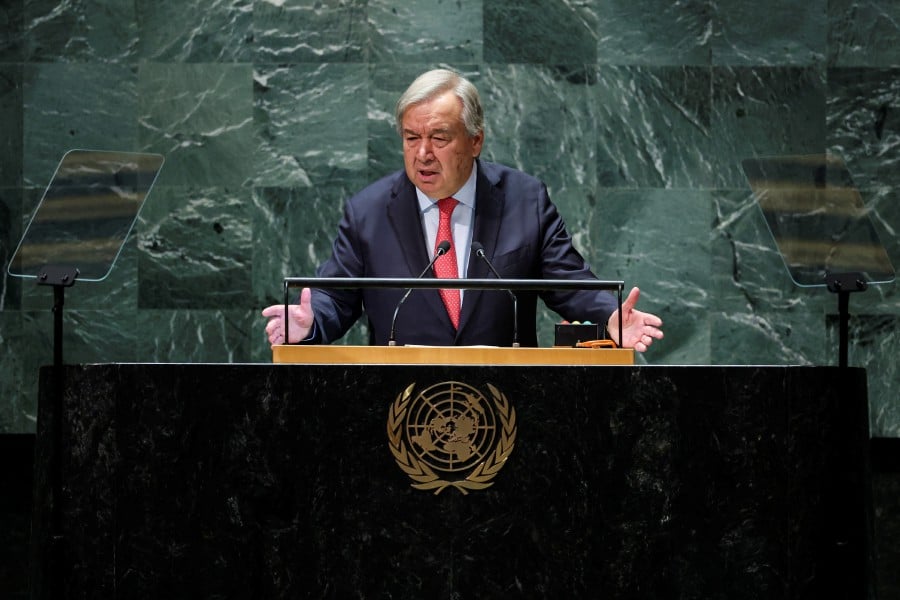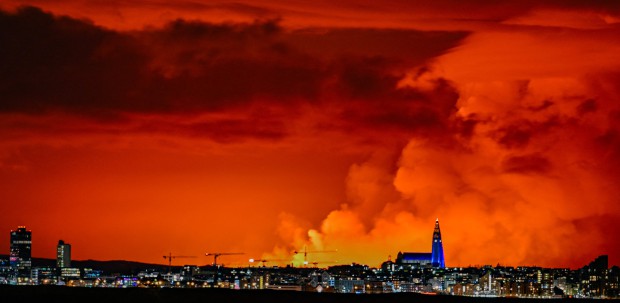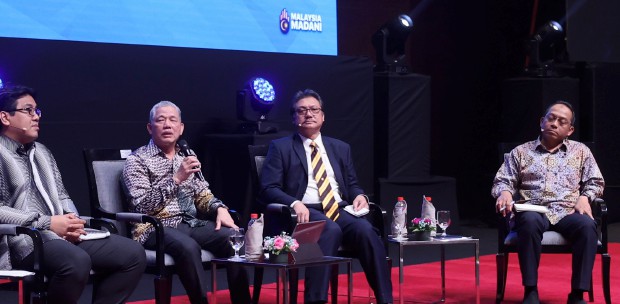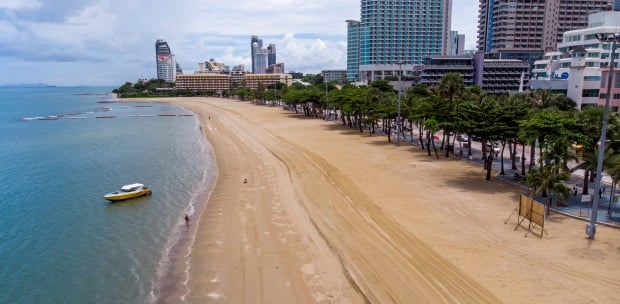UNITED NATIONS, New York: UN Secretary-General António Guterres on Tuesday called upon the Group of 20 (G20) top economic powers responsible for over 80 per cent of emissions that cause global warming, to lead climate action.
In his address at the UN General Assembly, Guterres delivered a resolute plea for immediate and unwavering action to confront the most pressing threat to our future: the warming of our planet.
"Climate change is not just a change in the weather. Climate change is changing life on our planet," he said.
He cited rising temperatures, surging sea levels, receding glaciers, the spread of deadly diseases, the extinction of species, and the looming threat to cities as alarming manifestations of this global crisis.
"And this is only the beginning," Guterres cautioned, driving home the urgency of the crisis.
His address followed a summer marked by record-breaking temperatures.
"Behind every broken record are broken economies, broken lives and whole nations at the breaking point.
"Every continent, every region and every country is feeling the heat," he said.
Despite these alarming indicators, Guterres voiced his concerns that not all leaders are adequately recognising the urgency of the situation.
"Actions are falling abysmally short," he lamented.
However, the Secretary-General also offered a glimmer of hope, noting that there remains an opportunity to limit global temperature rise within the parameters outlined in the Paris Climate Agreement, aiming to keep it within 1.5 degrees Celsius.
Achieving this goal, Guterres stressed, requires immediate and drastic measures, including a reduction in greenhouse gas emissions and ensuring climate justice for those who bear the least responsibility for the crisis but endure its highest costs.
He called on the G20 to break their addiction to fossil fuels, stop new coal, and heed the International Energy Agency's findings that new oil and gas licensing by them is incompatible with keeping the 1.5-degree limit alive.
"To stand a fighting chance of limiting global temperature rise, we must phase out coal, oil and gas in a fair and equitable way – and massively boost renewables.
"This is the only path to affordable renewable energy for all and importantly many in Africa still lack electricity."
Guterres firmly stated that the era of fossil fuels has failed, and he called on fossil fuel companies to lead the transition to renewable energy if they want to be part of the solution.
"No more dirty production. No more fake solutions. No more bankrolling climate denial."
He further shared that he had unveiled a Climate Solidarity Pact, imploring major greenhouse gas emitters to redouble their efforts in reducing emissions, and wealthier nations to step up to support emerging economies with financial aid and technology transfer.
He stressed the urgency of addressing the stark disparities in renewable investments, highlighting that Africa possesses a substantial 60 per cent of the world's solar capacity yet receives only a mere two percent of renewable investments.
He had also put forward an Acceleration Agenda to supercharge these efforts.
"Developed countries must reach net zero as close as possible to 2040, and emerging economies as close as possible to 2050 in line with common but differentiated responsibilities."
Immediate actions outlined in Guterres' plan encompass a global phase-out of coal by 2030 for OECD countries and by 2040 for the rest of the world, the cessation of fossil fuel subsidies, and the implementation of carbon pricing.
He called on developed countries to fulfil their commitments by delivering the promised US$100 billion in climate action funding for developing nations, doubling adaptation finance by 2025, and replenishing the Green Climate Fund.
He also urged all nations to work towards operationalising the loss and damage fund within this year and ensuring universal Early Warning coverage by 2027.
"COP28 is around the corner. Climate chaos is breaking new records, but we cannot afford the same old broken record of scapegoating and waiting for others to move first.
"And to all those working, marching and championing real climate action, I want you to know that you are on the right side of history and that I am with you.
"I won't give up this fight of our lives," he said ahead of the Climate Ambition Summit on Wednesday.
NST specialist writer Tharanya Arumugam is a 2023 fellow of the United Nations Reham Al-Farra Memorial Journalism Fellowship.






